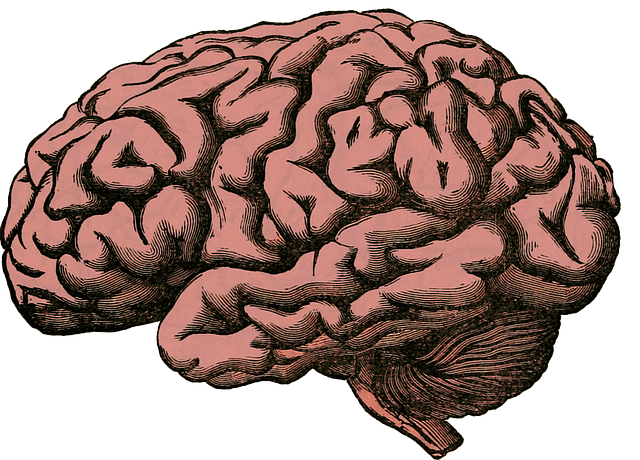Lakewood Codependency Therapy offers a holistic approach to improving mental health by addressing codependent behaviors and enhancing social skills. Through evidence-based methods, group therapy, role-playing, and advocacy training, clients learn effective communication, set boundaries, and build healthier relationships. This program empowers individuals to manage depression, anxiety, and other mental health challenges while navigating systemic barriers, ultimately fostering better mental well-being.
Social skills training is a powerful tool in managing mental health conditions. This comprehensive guide explores the intricate link between social interactions and psychological well-being, highlighting how Lakewood Codependency Therapy can transform social dynamics for those struggling with various conditions. We delve into effective strategies to enhance communication, build relationships, and foster a supportive network, all crucial aspects of recovering and thriving in a socially engaging world.
- Understanding the Link Between Social Skills and Mental Health
- The Role of Lakewood Codependency Therapy in Improving Social Interactions
- Practical Strategies for Developing Healthy Social Skills
Understanding the Link Between Social Skills and Mental Health

In today’s world, where social interactions play a pivotal role in our overall well-being, understanding the intricate link between social skills and mental health is more crucial than ever. Many mental health conditions, such as depression, anxiety, and codependency, can significantly impact an individual’s ability to navigate social environments, leading to feelings of isolation and further exacerbating their condition. For instance, a person struggling with emotional regulation might find it challenging to engage in meaningful conversations or interpret social cues, which can strain relationships and contribute to a cycle of negative thoughts and behaviors.
This is where Lakewood Codependency Therapy steps in as a game-changer. By focusing on developing and enhancing social skills, this therapeutic approach aims to empower individuals to build healthier connections, foster positive support systems, and ultimately improve their mental health outcomes. Incorporating evidence-based strategies, such as role-playing exercises and group therapy sessions, allows clients to practice and refine their communication and interpersonal abilities. Moreover, integrating mental health policy analysis and advocacy into the training curriculum ensures that participants are equipped not only with practical skills but also with knowledge about navigating systemic barriers, promoting self-advocacy, and influencing mental health education programs design.
The Role of Lakewood Codependency Therapy in Improving Social Interactions

Lakewood Codependency Therapy is a powerful tool for individuals navigating mental health conditions, focusing on enhancing social interactions and fostering healthier relationships. This therapy goes beyond traditional talk therapy by offering a structured program designed to address codependent behaviors and patterns. Through group sessions and personalized guidance, participants learn effective communication skills, set boundaries, and develop a deeper understanding of themselves and others. By promoting self-awareness and empathy, the therapy enables clients to engage in social situations with increased confidence and resilience.
One key aspect of Lakewood Codependency Therapy is its emphasis on building a supportive community. The implementation of a Community Outreach Program encourages participants to connect with peers facing similar challenges, creating a network of support that extends beyond the therapy room. Additionally, Mental Wellness Journaling Exercises guided by therapists help individuals process their experiences and track progress. Encouraging positive thinking and self-reflection, these exercises empower clients to take charge of their mental health and social interactions, ultimately leading to improved overall well-being.
Practical Strategies for Developing Healthy Social Skills

Developing healthy social skills is a crucial aspect of managing mental health conditions, and there are practical strategies to enhance this area. One effective approach is to start with small, manageable steps, such as initiating conversations during daily activities or joining community groups that align with personal interests. Practicing active listening and non-verbal communication cues can also foster meaningful interactions. For individuals dealing with codependency, learning to set boundaries and prioritize their own needs while still showing empathy towards others is essential.
At Lakewood Codependency Therapy, we emphasize the importance of these skills in our treatment programs. Our therapists guide clients through role-playing scenarios and group discussions to build confidence and cultural sensitivity in mental healthcare practice. By integrating positive thinking and confidence-boosting techniques, individuals can navigate social situations with greater ease. Through consistent practice, these strategies enable people to form healthier relationships and improve their overall well-being.
Social skills training, particularly through innovative approaches like Lakewood Codependency Therapy, plays a pivotal role in enhancing mental health. By understanding the connection between social interactions and well-being, individuals can learn practical strategies to foster healthy relationships and improve their overall quality of life. Incorporating these techniques into personal growth journeys can lead to more fulfilling social connections and better mental health outcomes.














